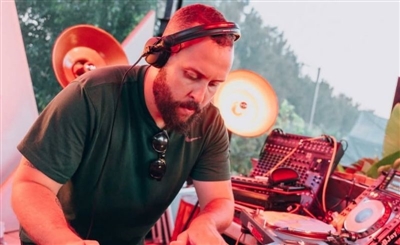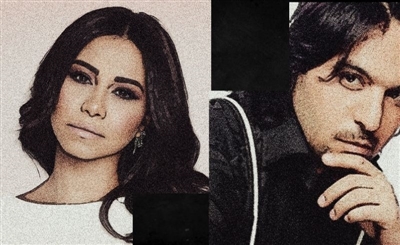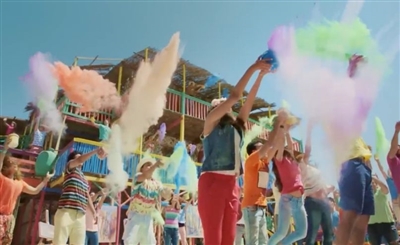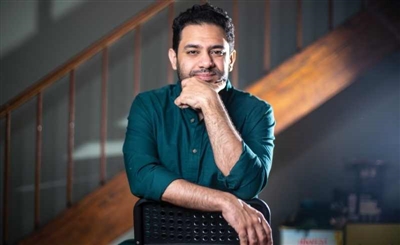Music of the First Palestinian Intifada Re-Discovered & Restored
Palestinian filmmaker and actor, Mo’min Swaitat, uncovers banned revolutionary album 'The Intifada' by Riad Awwad, released in 1987.
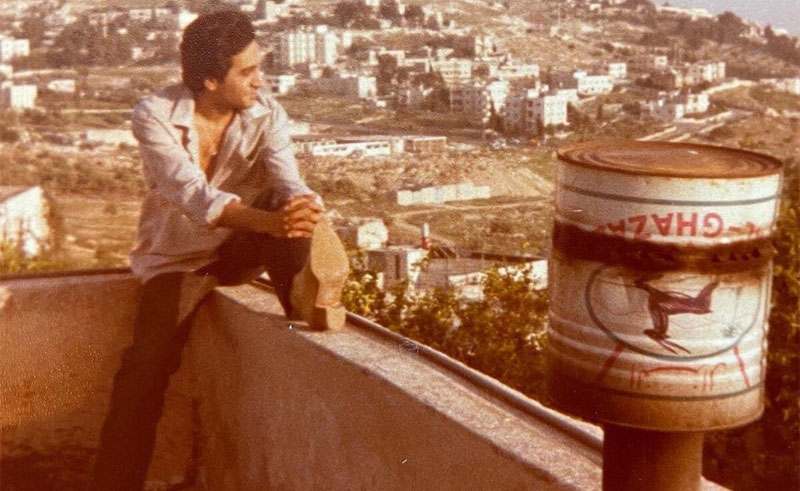
The year is 1987 in Palestine, marking 20 years of Israeli occupation of the Gaza Strip and West Bank. At this time, 2,200 armed Israeli settlers occupy 40% of Gaza, pushing 650,000 Palestinians into the other 60% - making it one of the most densely populated areas on Earth.
On December 9th of this year, Palestinians swarm the streets in protest. What develops is one of the bloodiest riots in the conflict’s history - an Intifada or 'shaking off' that demonstrates the sheer outrage of the oppressed Palestinian people.
Enter Riad Awwad - a Palestinian electrical engineer with a passion for music. During the first week of the Intifada, Awwad gathered his family to call upon their assistance in creating an album that would sing the song of the Palestinians at this time.
What resulted was something far more forceful than Awwad possibly imagined - a body of work entitled The Intifada; its impact so significant that 3,000 copies of its release were immediately confiscated by Israeli forces, with cafes and shops playing the album shut down. As punishment for his ‘crime’ of inciting violence through music, 30-year old Awwad was detained and tortured.
Over time the battle was lost, as was the music that encapsulated it - until it was recently re-discovered by Palestinian filmmaker and actor Mo’min Swaitat after days spent digging and listening to discarded music found in abandoned music shop and label Tariq Cassettes during the peak of COVID-19.
Now, the year is 2022. 35 years after the First Intifada and Riad Awwad’s controversial release, Swaitat has re-mastered and digitised these songs of the Palestinian people. It has now been re-released under the Majazz Project, Swaitat’s online platform dedicated to restoring Palestinian musical heritage. The vinyl edition, scheduled officially for release in April, has already sold half its run. The album consists of 11 tracks, composed by technology of Awwad’s own making. Each song embodies the very energy of its title – as an example; Intifada, the first and title track is an electronic war cry, beginning with a shrill chant of “Intifada! Intifada!” over a funky electric loop.
With songs like ‘My Land My People’, ‘When We Meet Again’ and Childhood Dream, The Intifada is a surreal time-capsule that represents a crossroads between both a nostalgic and very current pain of a land as lost now as it was in 1987.
“The response has been amazing. I’ve had messages from young Palestinians and those in the diaspora telling me they loved it, or they bought it as a present for their parents who were young when it was originally released,” Swaitat told The Guardian in their recent article on the topic. “We have plans to reissue more of the music – some rock, traditional Bedouin recordings and newer electronica."
“So much Palestinian culture has been lost or locked up in Israeli military archives, so it was magical to find this. It’s a journey through the past and the future of a whole people.”
- Previous Article test list 1 noise 2024-03-13
- Next Article Anghami & Sony’s New Music Label: A Gamechanger for Arab Artists?
Trending This Month
-
Feb 20, 2026



